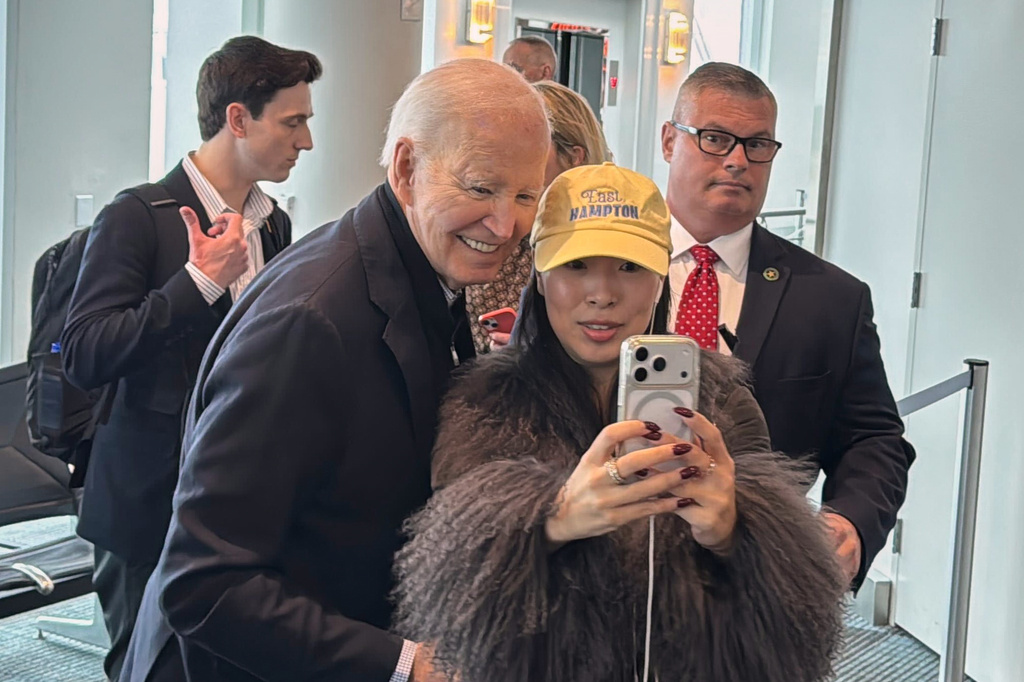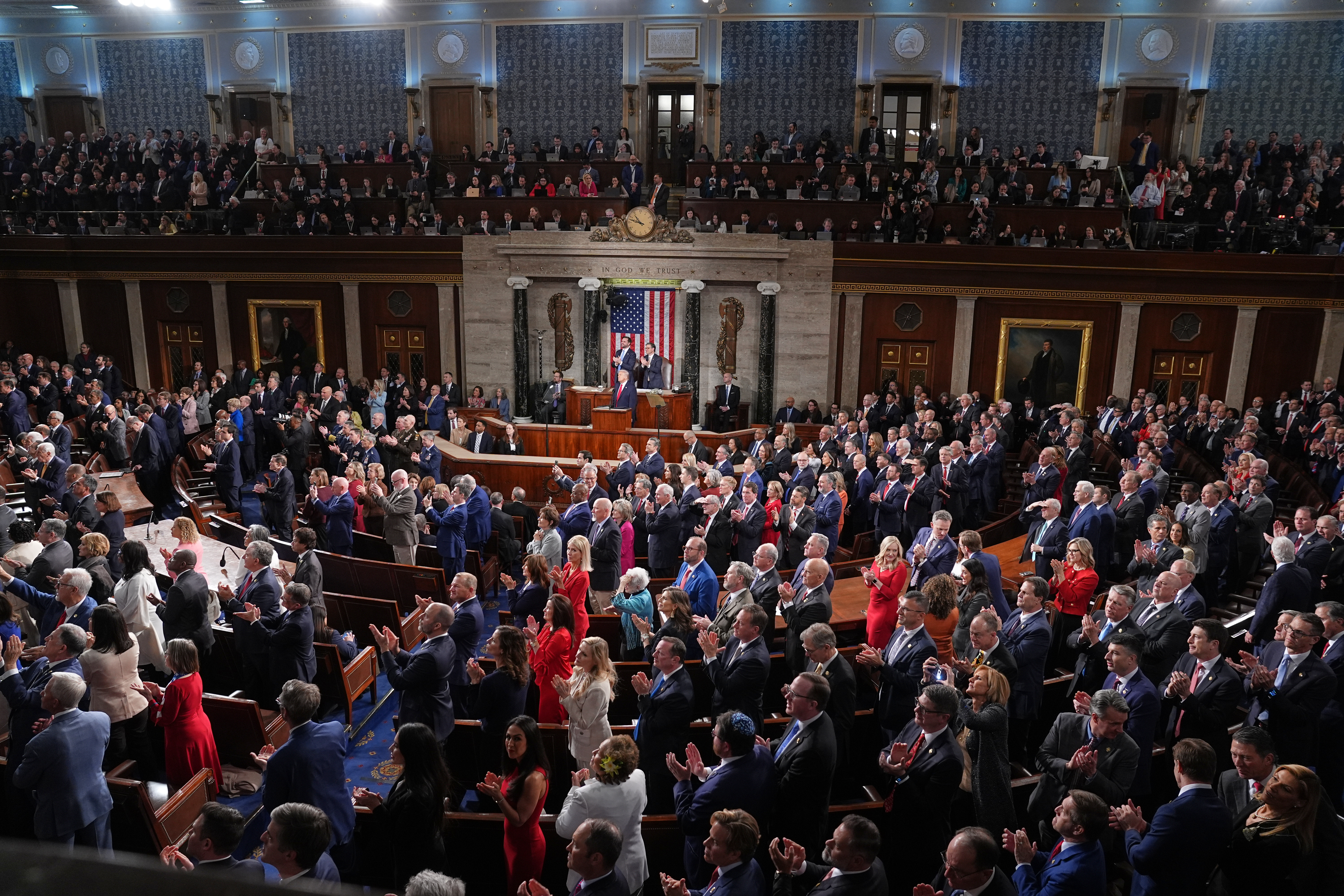President Joe Biden tried to hammer out the world's next steps against rapidly worsening climate change in a private, virtual session with a small group of other global leaders Friday, and announced a new U.S.-European pledge to cut climate-wrecking methane leaks.
Ever-grimmer findings from scientists this year that the world is nearing the point where the level of climate damage from burning oil, gas and coal becomes catastrophic and irreversible “represent a code red for humanity,” President Biden said at the session's outset.
“We have to act and we have to act now,” President Biden said, speaking on a specially erected White House set that showed virtual arrays of solar panels in the background and a wall of other global leaders listening on screens.
He cited his tour earlier this month of communities hit by relentless wildfires in California and Hurricane Ida in the northeastern U.S. and the Gulf — evidence that warnings of natural disasters worsening in number and severity as the climate warms already are becoming reality.
Drought and rising temperatures have made California’s wildfire season virtually year-round now, state fire officials say. And a study out this year concluded sea rise caused by global warming contributed $8 billion in additional damage to 2012′s Superstorm Sandy.
“Over the last two weeks, I’ve traveled across the United States to see the damage and destruction," President Biden said. "Climate continues to change across Europe, Africa and Latin America, and you’ve endured massive flooding.”
The Biden administration billed the meeting as a chance for some of the world leaders to strategize how to achieve big, fast cuts in climate-wrecking petroleum and coal emissions. The administration also is trying to re-establish the United States' Major Economies Forum — a climate group set up by President Barack Obama and revived by President Biden - as a significant forum for international climate negotiations.
Friday's meeting followed a much bigger and splashier virtual White House climate summit in April that saw scores of heads of governments — representing allies and rivals, and big economies and small — making sweeping speeches about the need for action against climate change.
The provided list of Friday’s attendees included only nine leaders: those of Argentina, Bangladesh, Indonesia, South Korea, Mexico, the United Kingdom, and the European Council, European Union Commission and United Nations.
China, India and Russia, with the United States, are the nations that emit the most climate-damaging gases from the production and burning of oil, natural gas and coal, and there was no word on their leaders' taking part.
Climate advocates have stressed the importance of the U.S. coordinating with Europe and Asia for a joint front in coaxing China, which emits more climate-damaging fumes than the rest of the developed world combined, to move faster on cutting its use of dirty-burning coal-fired power plants in particular.
President Biden, in the public opening of the otherwise private talks, also discussed a new U.S. agreement with the European Union aiming at cutting the two entities' emissions of methane nearly a third by the end of this decade. Methane is a potent agent of climate damage that wafts up by the ton from countless uncapped oil and gas rigs, leaky natural gas pipelines, and other oil and gas facilities.
President Biden has sought to make the U.S. a leader again in global climate efforts after President Donald Trump removed the U.S. from the Paris climate accord.
At home, however, President Biden is still striving to get significant investment in climate-friendly measures like charging stations for electric vehicles out of Congress, in the face of objections from Republicans and some Democrats.
Friday’s session will be followed by another closed-door session of 35 to 40 world leaders, to be hosted Monday morning by United Nations Secretary-General Antonio Guterres and British Prime Minister Boris Johnson.
The private sessions are seeking to ensure global leaders come to a November U.N. climate session with commitments of significant new actions to slow climate change. President Biden and others bill the U.N. climate summit in Glasgow as a last chance for the world to commit to cutting use of fossil fuels fast enough to stave off the worse scenarios of global warming.
“We have to bring to Glasgow our highest possible ambitions,” President Biden said. "Those that have not yet done so, time is running out.”
Additional reporting by The Associated Press.










